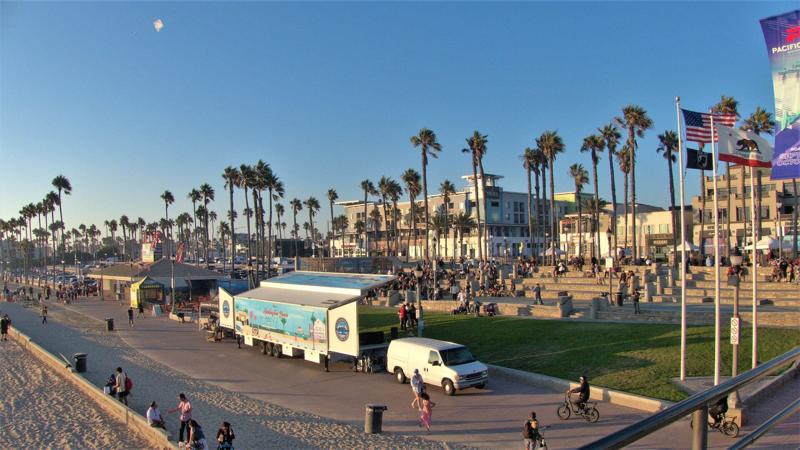The city of Huntington Beach’s voter ID requirement for municipal elections survived its second state challenge, paving the way for more voter ID requirements and municipal challenges to state law across California.
“This is a huge victory not only for our City but charter cities throughout the State,” said Huntington Beach Mayor Pat Burns in a statement. “By prevailing against both Writs of Mandate, we have not only successfully defended our City’s Voter ID law, but also the constitutional authority of charter cities’ rights from attacks by the Attorney General and the State of California.”
California Secretary of State Shirley Weber said the upholding of the law “will result in disenfranchising California voters.” California Attorney General Rob Bonta promised to appeal the decision and said he is “confident that Measure A will ultimately be struck down.”
The city’s voter ID requirement only applies to municipal elections, and not to federal or state elections. California Superior Court Judge Nico Dourbetas ruled that the requirement is not barred by state law and said the U.S. Supreme Court ruled that such requirements do not violate the 14th Amendment.
Under the California Constitution, “the ordinances of charter cities supersede state law with respect to ‘municipal affairs), but state law is supreme with respect to matters of ‘statewide concern,’” noted Dourbetas.
For a state law to reign supreme to a local ordinance, the state law must regulate a municipal affair, create an “actual conflict” between state and local law, be found to be a matter of statewide concern, and be reasonably related and narrowly tailored to the statewide matter.
Dourbetas found that the state’s ban on voter ID requirements for state and federal elections — passed after Huntington Beach’s ordinance — does “not implicate matters of a statewide concern” because “there is no showing that a voter identification requirement compromises the integrity of a municipal election.”
“A voter identification requirement does not violate the right to vote,” wrote Dourbetas, citing the U.S. Supreme Court case Crawford v. Marion County Election Board. “Municipal election results do not lack integrity because only residents of a municipality who are eligible to vote participated in the election.”
Bonta filed suit against the city’s policy upon the passage of the new state law, but the case was initially dismissed, as the state ban had not yet come into effect.
After the wildfires, President Donald Trump said he would like to condition additional federal aid to California on its adoption of a statewide voter ID requirement. Republican leaders, including newly appointed U.S. Attorney Bill Essayli, launched a statewide ballot initiative in March that would require voter ID, citing a poll finding 68% of California voters support such a policy.







